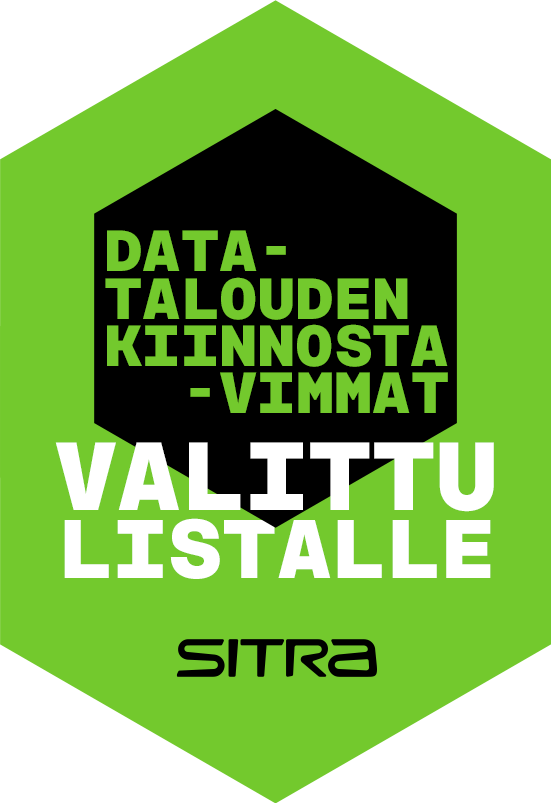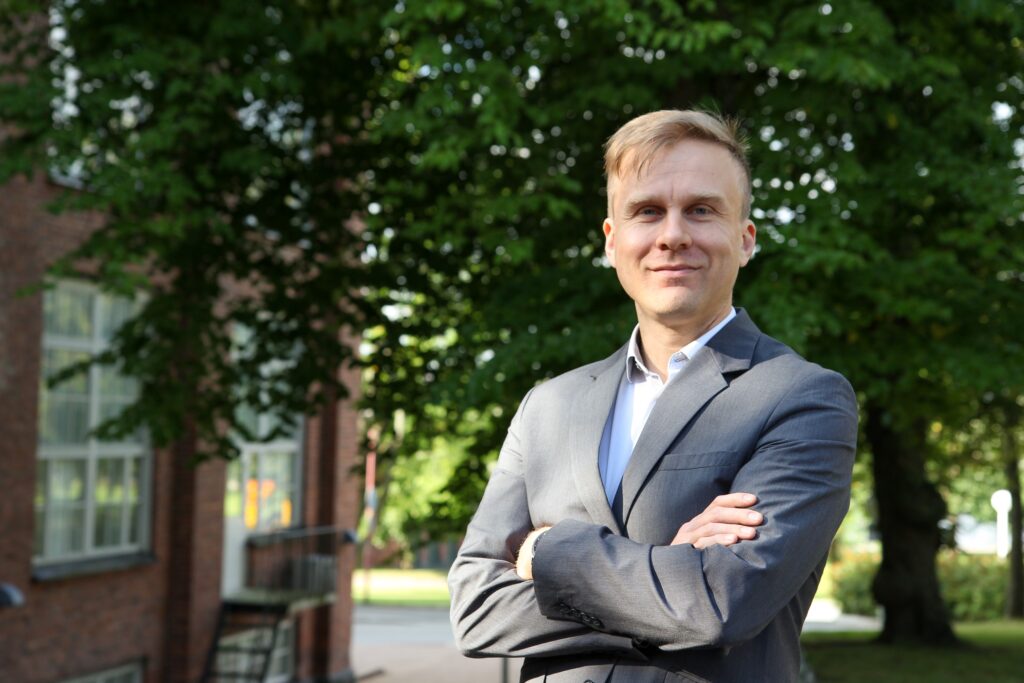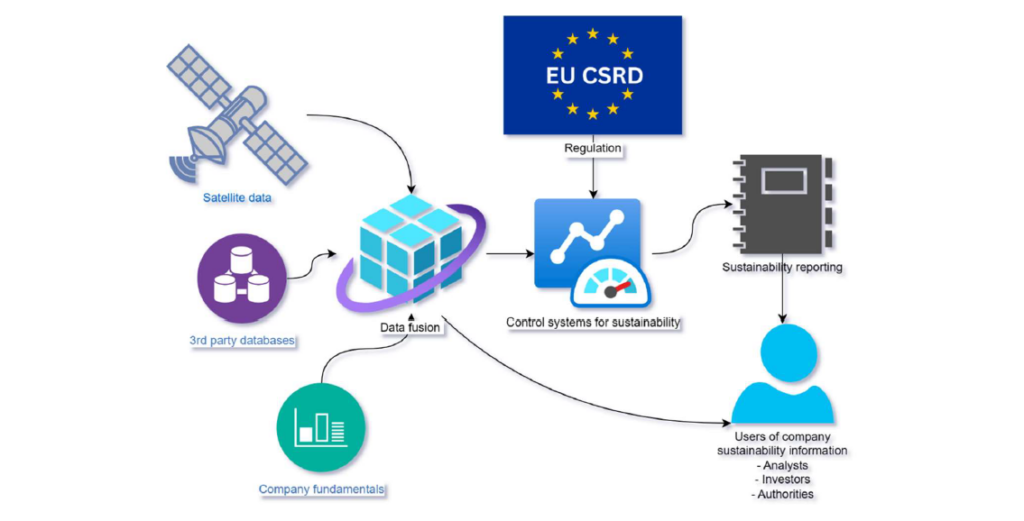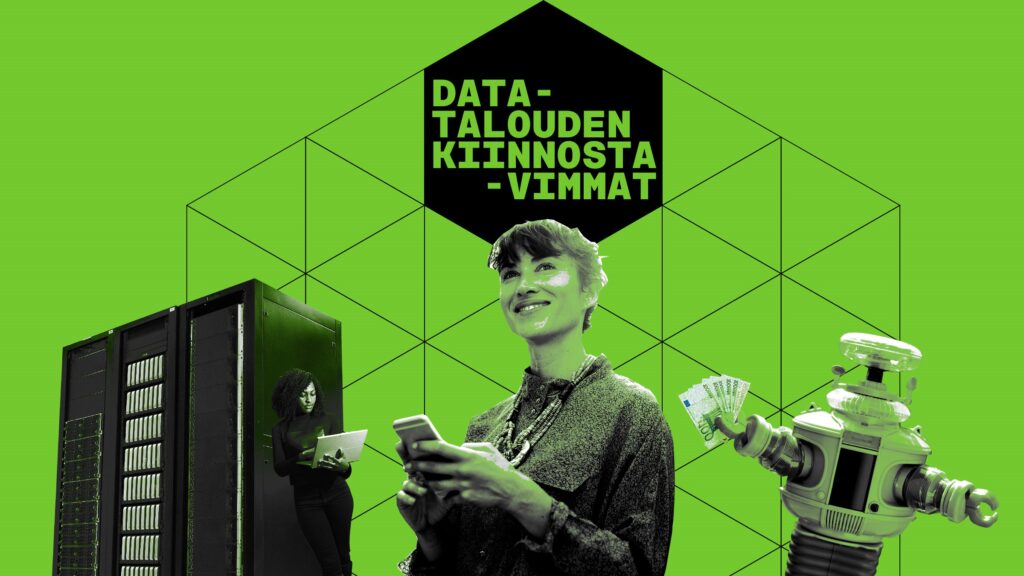
In December 2023, Finland’s Independence Jubilee Fund Sitra published a list of the most interesting solutions in Finland’s data economy. The list contained 24 current examples of data sharing between companies, services aimed at consumers, and building blocks and tools of the data economy. One of the projects that made it to the list was the Spacecasting project, led by Mikko Ranta, assistant professor of accounting at the University of Vaasa.
The Spacecasting project investigated ways of predicting companies’ results and environmental effects with the help of advanced satellite technology. By using satellite data, it is possible to verify whether the actual emissions of production facilities corresponded to the values that the companies had announced. At the same time, it is possible to study the effect of the production facility’s operation and emissions on the surrounding nature.

Satellite data also enables to monitor the goods flows of companies, inventory changes, or land use and thus predict how the company would succeed. By combining data from satellites with other data sources using artificial intelligence, we can obtain more accurate forecasts than before.
Satellites give more detailed information
Mikko Ranta became interested in the data obtained from satellites because he knew that US investment funds had been using satellite data to evaluate the success of companies for a long time.
“Satellite technology is constantly evolving, with an increasing number of satellites orbiting the Earth and providing more accurate data. By leveraging machine learning, it is possible to extract increasingly detailed information from satellite data, even about individual companies,” explains Ranta.
The economic success predicted with the help of satellite data is currently intertwined with the assessment of corporate responsibility. Companies’ reporting obligations on responsibility are expanding, and satellite data can be used to verify the accuracy of companies’ responsibility claims.
“Environmental computing, which utilizes advanced technologies such as machine learning and satellite data, is increasingly meeting society’s growing demands,” adds Ranta.

Machine learning and satellite data
Mikko Ranta’s research on satellite data and machine learning is ongoing. His research group recently received a three-year grant from the Foundation for Economic Education for the Harmonizing Profit and Planet project. The project aims to monitor the environmental impact of business operations by integrating machine learning and satellite data into environmental accounting.
This combination of machine learning and satellite data enables a more accurate, data-based view of the environmental impact of business decisions throughout the entire production chain. It also helps companies meet the new requirements brought by EU legislation in environmental impact reporting, according to Ranta.
The research is being carried out in collaboration between the University of Vaasa and the Australian Monash University. The research targets are especially the European steel industry and Australian mining.
